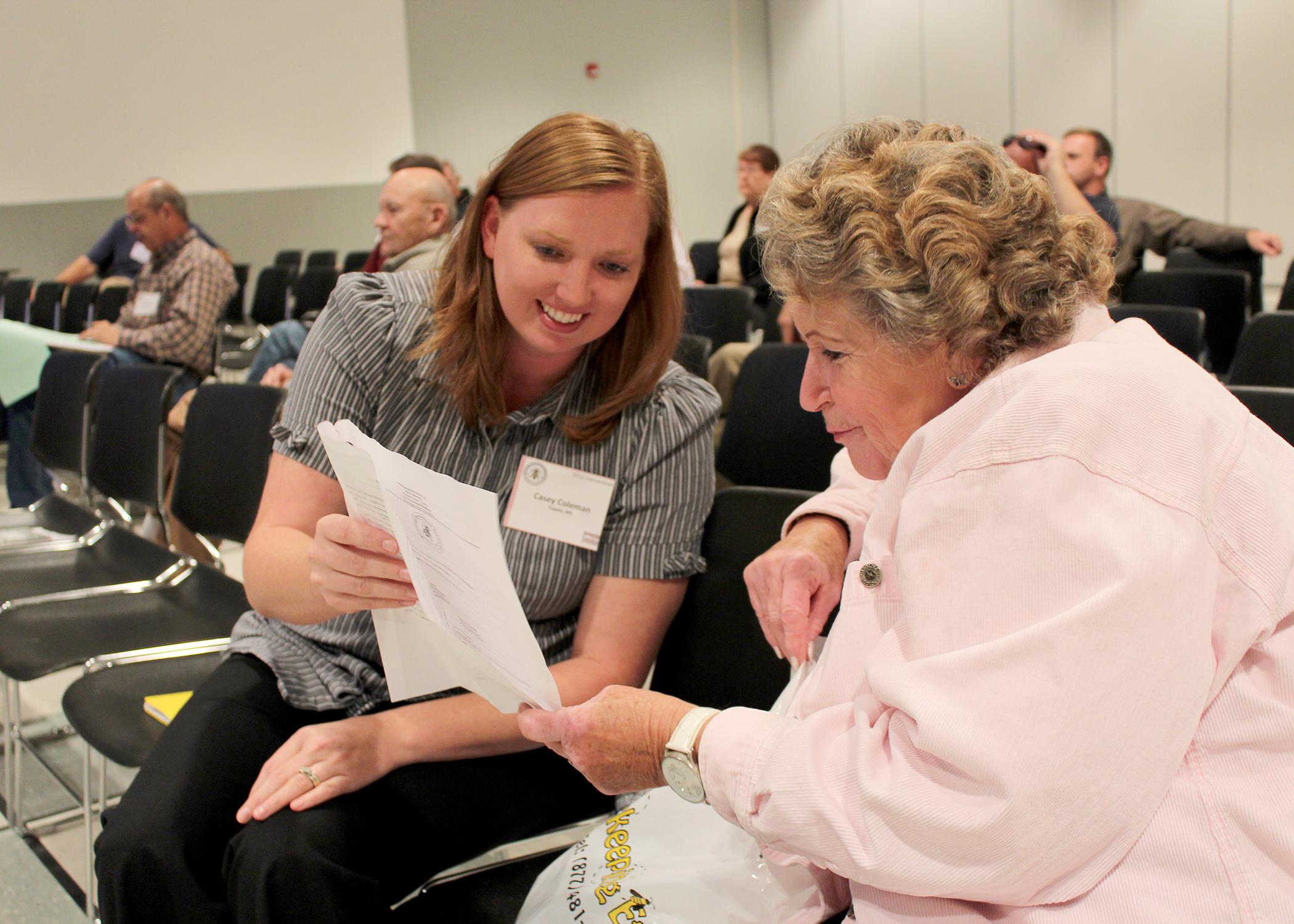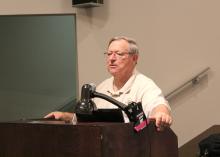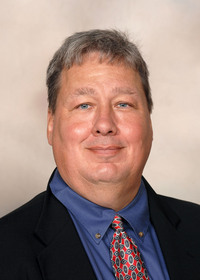Information Possibly Outdated
The information presented on this page was originally released on November 1, 2012. It may not be outdated, but please search our site for more current information. If you plan to quote or reference this information in a publication, please check with the Extension specialist or author before proceeding.
Workshops address bee colony health
MISSISSIPPI STATE – Experts from across the United States gathered recently to share their insights with Mississippi’s growing group of commercial and hobby beekeepers at a conference held at Mississippi State University.
Beekeeping in Mississippi is a booming trend. In 2011, revenues from honey production in the state had increased to almost $3.2 million -- an increase of 152.15 percent since 2007. A survey of the state’s beekeepers showed the average respondent had less than three years of experience keeping bees.
To serve these producers, the Mississippi Beekeepers Association and MSU Extension Service cohosted the conference. They offered separate tracks for beginning and experienced beekeepers, but all workshops addressed the need to keep bee colonies healthy.
Randy Oliver, keynote speaker and commercial beekeeper from Grass Valley, Calif., said beekeepers should learn the science behind beekeeping and make their own decisions about how to keep bees successfully and avoid colony failure.
“The four horsemen of the bee apocalypse are chill, poor nutrition, toxins and parasites,” Oliver said. “Bees are tropical animals and maintain a tropical climate within the cluster. Most incidences of Colony Collapse Disorder follow unexpected cold snaps.”
Oliver said good nutrition builds strong immune systems in bees, which helps them fight off the impacts of toxins and the diseases carried by parasites.
Jeff Harris, MSU Extension bee specialist and researcher with the Mississippi Agricultural and Forestry Experiment Station, said he is researching ways to reduce levels of agricultural chemicals that accumulate in beeswax combs to improve colony health.
“Most of these residues are derived from sources outside the hive, such as agricultural fields where bees forage for food, but some residues come from inside the hive when beekeepers use chemicals to control diseases and parasites,” Harris said.
Harris hopes to guide beekeepers toward addressing problems with pests, parasites and diseases using integrated pest management, which ultimately will reduce chemical residues in the comb.
“I hope that beekeepers can learn to limit the use of hard chemicals in the management of Varroa mites, the most serious beekeeping pest worldwide, by using resistant stocks of bees and physical methods, such as drone brood traps, to keep mite populations relatively low,” he said.
He emphasized the need for beekeepers to learn easy methods for sampling hive pests and using economic threshold levels to decide when to use chemicals to control them.
“No one really knows the full effects of chemical residues in our hives, but new evidence suggests that overall colony health is being negatively impacted by these chemical residues,” Harris said.
Harris will conduct experiments to determine whether chemical residues in combs reduce the quality of queens and drones that are raised in them. The production of healthy queens and drones is an important part of successful beekeeping and bee breeding businesses in the United States.
Other speakers discussed the economic impact of the beekeeping industry, bee diseases, seasonal management, swarming biology and queen rearing.





